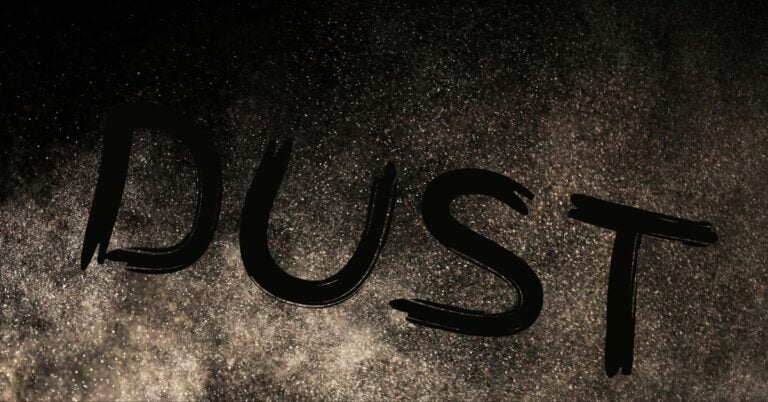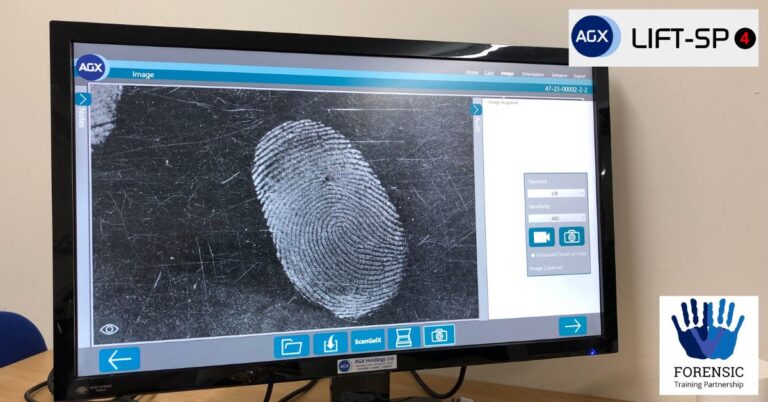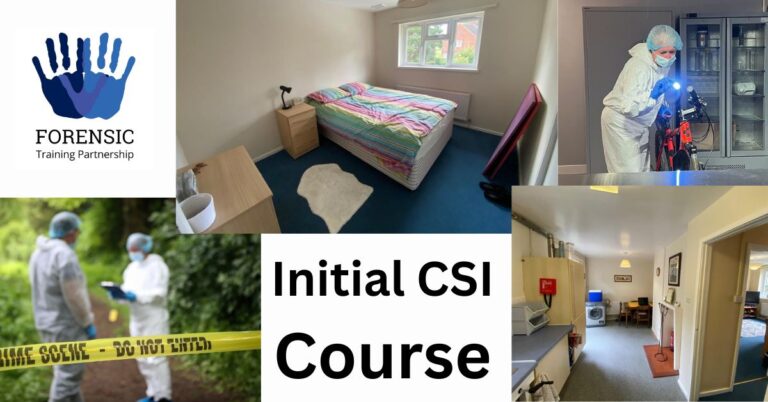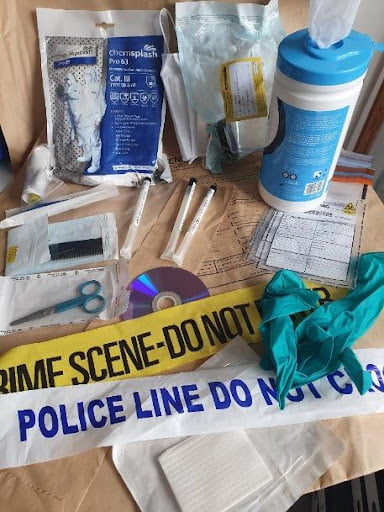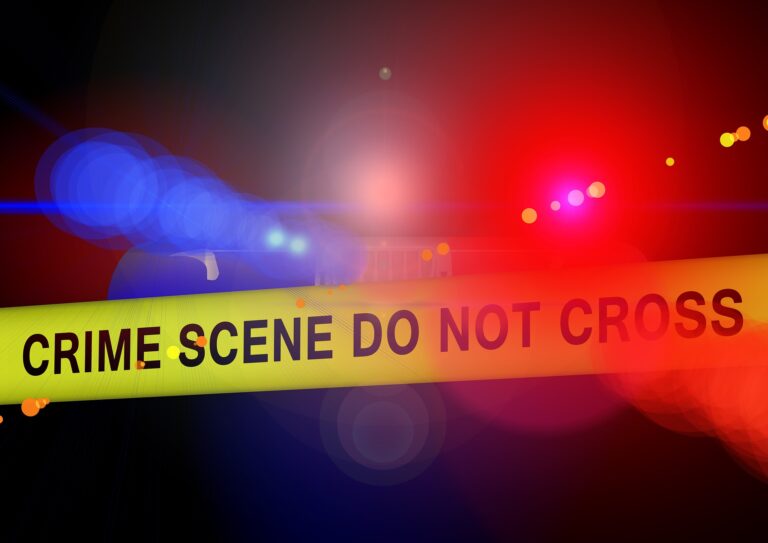United Kingdom
Dusting for Clues: A New Frontier in Crime Scene Forensics
The secret hidden in dust: Assessing the potential to use biological and chemical properties of the airborne fraction of soil for provenance assignment and forensic casework In the realm of crime scene investigation, DNA evidence has long been a game-changer, providing a powerful tool for identifying perpetrators and exonerating the innocent. However, the traditional methods…
Read MoreWhy are Cameras Changing to Mirrorless?
Why are cameras changing to mirrorless? There are at least six reasons why camera manufacturers are no longer making Digital Single Lens Reflex (DSLR) cameras and are moving across to only making mirrorless cameras. Before we get to the six points it’s probably worth just talking about what an SLR camera is and why it’s…
Read MoreCode Of Practice – Why is it important?
Why is the Forensic Science Regulator’s Code Of Practice important to UK Police Forces? The new UK Forensic Science Regulator’s Code of Practice is important to UK Police Forces as it became live on the 2nd October 2023 for a number of reasons. First, The Code of Practice sets out specific standards and requirements for…
Read MoreRemote Transmission of Fingerprints
In the ever-evolving landscape of crime scene investigation, technological advancements continue to reshape the way law enforcement agencies gather and process critical evidence. Among these innovations, the remote transmission of fingerprints from crime scenes to fingerprint bureaux stands out as a game-changer. Our recent visit to AGX in Hook, Hampshire shed light on this groundbreaking…
Read MoreUnleashing the Power of Forensic Training: Introducing the Initial CSI Course
Forensic science plays a vital role in modern crime investigations, and the demand for highly skilled forensic professionals continues to grow. Recognising the need to equip UK police forces with well-trained staff, the Forensic Training Partnership has joined forces with Cranfield Forensic Institute to deliver a groundbreaking six-week Initial CSI course. This comprehensive programme offers…
Read MoreGuest blog: Turning the tide of plastic waste in CSI
In this guest blog post we invite Sussex CSI Becci Henderson, who is working towards a PhD at Portsmouth University on the subject of Plastic Waste in the CSI Environment. I have been a Crime Scene Investigator for 23 years. Over the course of my career, particularly over the past decade, I have noticed a…
Read MoreWhat is the role and responsibilities of a police crime scene investigator?
The role of a police crime scene investigator (CSI), also known as a forensic investigator or forensic technician, is crucial in the criminal justice system. Their primary responsibility is to gather, analyse, and preserve physical evidence at crime scenes. Here are some of their key roles and responsibilities: Overall, the role of a police crime…
Read MoreThe Crucial Role of ISO 17020 in Crime Scene Investigation
Introduction: In the field of crime scene investigation, accuracy, reliability and adherence to standardised procedures are paramount. To ensure consistency and quality in forensic investigations, professionals rely on recognised standards like the International Organisation for Standardization (ISO) 17020. This accreditation provides a framework that ensures crime scene investigators (CSIs) operate with high levels of competence…
Read MoreForensic Training in the UK
Forensic science is an essential component of criminal investigations, helping to gather evidence, identify suspects and convict criminals. In the United Kingdom, forensic training is a crucial aspect of the criminal justice system, as it provides forensic practitioners with the necessary knowledge and skills to carry out their work effectively. Forensic training in the UK…
Read MoreUnveiling the Challenges: Capturing Night Time Photographs as a CSI
Introduction: In the world of crime scene investigation (CSI), photography plays a crucial role in documenting evidence and preserving the scene for further analysis. While capturing images during daylight hours can be relatively straightforward, the challenges significantly multiply when it comes to capturing night time CSI photographs for law enforcement professionals. In this blog post,…
Read More
